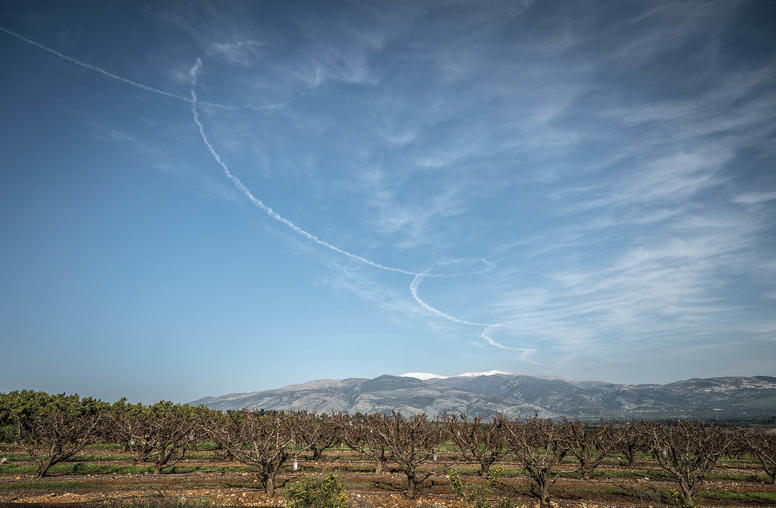Twitter Evolutions: The Changing Role of Social Media in War and Protest
In this half-day conference, the U.S. Institute of Peace and the George Washington University’s Institute for Public Diplomacy and Global Communication hosted two panels of experts on social media’s role in political protest and civil war across the Middle East and Europe as part of a discussion on the latest Blogs and Bullets report: Syria’s Socially Mediated War.

In the early days of the Arab Spring, many hailed digital media as revolutionary tools for democracy and peacebuilding. Three years later, as the region still struggles with authoritarian retrenchment and civil war, social media continues to play an important, if far more complex, role in ongoing events. Meanwhile, protest movements in parts of Europe – especially Turkey and Ukraine – are providing intriguing, and complicated, examples of digitally-active protest movements and recalcitrant governments.
On February 24th, the U.S. Institute of Peace hosted two panel discussions on social media’s role in political protest and civil war across the Middle East and Europe. The first panel discussed the recently-released Blogs & Bullets report, which examined mainstream media coverage, YouTube videos, and more than 40 million tweets over a two-year period to show the changing use and impact of media in the Syrian crisis. The second panel explored the relationship between social media and the political crises in Egypt, Turkey, and Ukraine. This event is part of the ongoing Blogs & Bullets project, a partnership between USIP’s PeaceTech Initiative and George Washington University’s Institute for Public Diplomacy and Global Communication.
9:00am to 9:10am | Introduction
- Sheldon Himelfarb
Director of Media, Technology, and Peacebuilding, U.S. Institute of Peace
9:10am to 10:30am | Panel I: Syria’s Socially Mediated Civil War
- P.J. Crowley, Moderator
Professor of Practice, School of Media and Public Affairs, George Washington University. Former Assistant Secretary of State for Public Affairs - Marc Lynch
Director, Institute for Middle East Studies, George Washington University - Sean Aday
Director, Institute for Public Diplomacy and Global Communication, George Washington University - Deen Freelon
Assistant Professor of Communications Studies, American University
10:30am to 10:45am | Break
10:45am to 12:30pm | Panel II: New Media and Contentious Politics in Egypt, Ukraine and Turkey
- P.J. Crowley, Moderator
Professor of Practice, School of Media and Public Affairs, George Washington University. Former Assistant Secretary of State for Public Affairs - Adel Iskandar
Adjunct Instructor, Communication, Culture & Technology, Georgetown University - Joshua Tucker
Professor of Politics, New York University - Zeynep Tufecki
Assistant Professor, University of North Carolina, Chapel Hill



